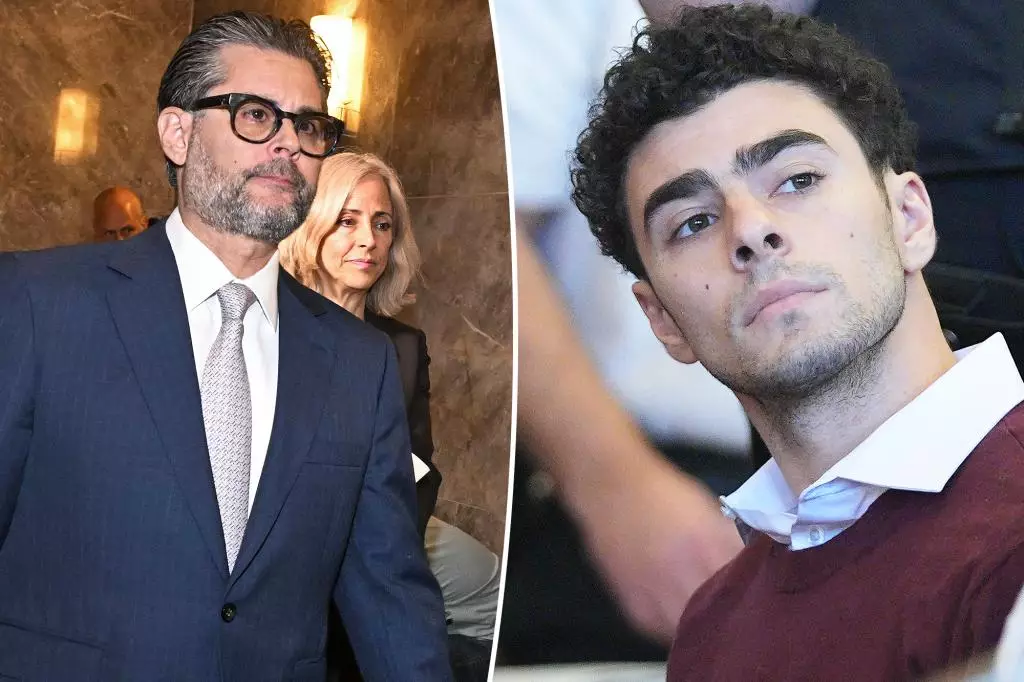In the complex world of legal representation for high-profile defendants, few names resonate like that of Craig Rothfeld, a prison consultant who gained notoriety for his guidance to incarcerated individuals. Recently, Luigi Mangione has enlisted Rothfeld’s services as he navigates serious criminal charges that could drastically alter the course of his life. Rothfeld, who himself has a history of imprisonment for white-collar crimes, has carved out a niche helping clients adapt to the often bewildering environment of the correctional system. His experience lends a certain gravitas to his role, emphasizing not only the psychological hurdles faced by inmates but also the logistical challenges that complicate their lives behind bars.
Rothfeld has drawn attention for his frank assessments of prison life, which he describes as akin to entering a “Byzantine black hole.” This vivid metaphor encapsulates the confusion and disorientation that many new inmates experience, particularly facing the kind of daunting circumstances Mangione finds himself in. Rothfeld infamously remarked on the initial days of imprisonment as being “very dark” and “scary,” characterized by a loss of autonomy and a barrage of constraints. Such insights are especially pertinent given the serious charges Mangione faces, including the alleged murder of a prominent UnitedHealthcare executive.
In addition to the psychological and logistical aspects of imprisonment, the health care concerns of incarcerated individuals, particularly those like Harvey Weinstein—who has a well-documented array of health issues—have come under scrutiny. Weinstein has reportedly undergone multiple hospitalizations, grappling with ailments such as diabetes and a leukemia diagnosis. His legal team has expressed grave concerns over the medical care provided in prison, emphasizing the ethical obligation to attend to the health needs of inmates regardless of their offenses. This broader issue highlights the systemic problems within correctional health care, raising questions about adequacy and access to treatment.
As Mangione begins his journey within the Metropolitan Detention Center in Brooklyn, he finds himself in an environment that merges crime and celebrity—soon to share the facility with Sean “Diddy” Combs, facing his own set of serious allegations. The convergence of their cases sheds light on the high-stakes arena in which such individuals operate—where legal and criminal narratives are intertwined, providing fertile ground for public interest and media scrutiny. The intersection of fame and downfall serves not only as a spectacle but as a cautionary tale, drawing a stark line between power and vulnerability.
With ongoing legal battles, including Mangione’s assertion of innocence and Weinstein’s upcoming retrial, the layers of their respective narratives remain complex and evolving. As each individual contemplates the existential weight of their circumstances, the role of seasoned consultants like Rothfeld becomes increasingly pivotal. His insights may not only scaffold their legal defenses but also provide crucial emotional and practical support as they navigate the uncertain waters of incarceration. The broader implications of their cases resonate deeply within societal conversations about justice, health care, and the human condition behind prison walls.

